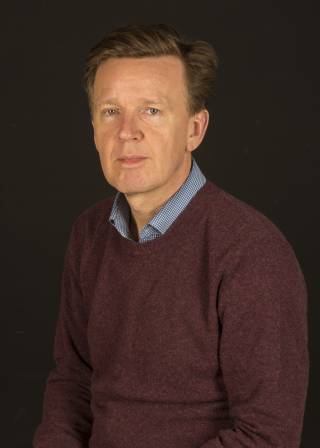Professor Frederik Barkhof was listed by Thompson-Reuters as one of the top 3000 most influential scientists world-wide.

Cumulatively, he has received €10 million grant money from various national and international funding agencies and performed contract research for major pharmaceutical companies. More than 30 PhD students graduated under his supervision and two of them have subsequently attained a full professorship.
Professor Barkhof was appointed as Professor of Neuroradiology in 2015 and works within the UCL Institute of Neurology and UCL Institute of Healthcare Engineering. His key areas of expertise include Structural and Functional MRI techniques, including network analysis, and PET imaging and how it relates to the diagnosis and treatment of white matter disease and neurodegeneration.
His research focuses on the translation of novel image analysis techniques from engineering to clinical applications in neurological disorders such as Alzheimer’s disease and multiple sclerosis. This facilitates diagnosis and monitoring of therapy in daily practice and treatment trials. He has published a book on Neuroimaging in Dementia with Professor Nick Fox.
What is the highlight of your career so far?
Receiving the 2018 John Dystel Prize for my research in the causes, treatment and prevention of multiple sclerosis.
Where do you see your field of research in 10 years, in terms of scientific developments and advances?
I think there will be a major increase in the speed of MRI acquisition and improvements in image analysis methods - helping us detect, prevent and contain brain diseases earlier.
What is the patient impact of your research/how does your research work towards helping society?
My research helps prevent disability such as MS and dementia in the elderly.
What would you like the public to know about your research?
That the human brain is a beautiful thing. We have the ability to detect many things inside it - like your predisposition to a condition it - before you fall ill.
What is the most valuable lesson you’ve learnt during your career so far?
Collaboration is key, and you should always have an open mind.
 Close
Close

